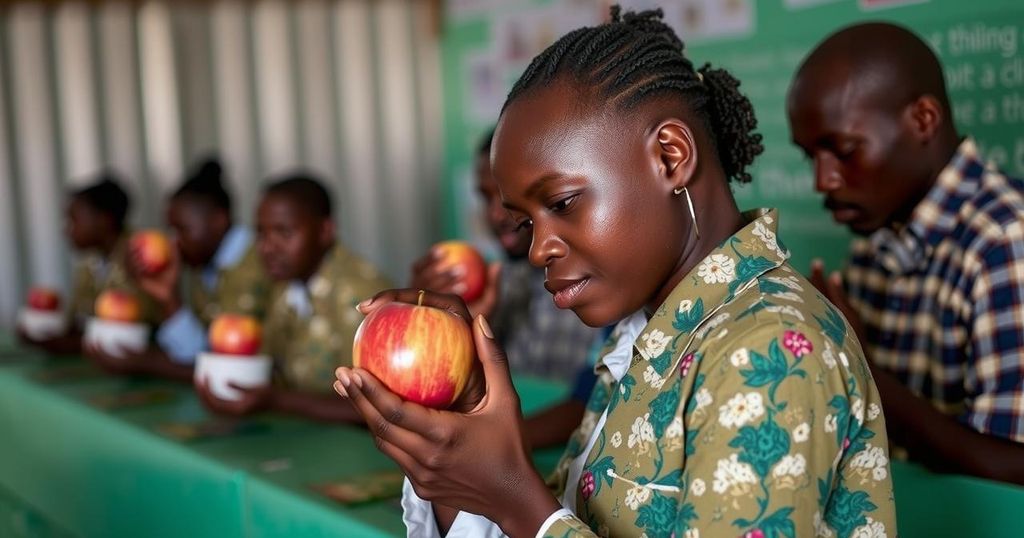DRC Files Legal Action Against Apple Over Conflict Minerals
The DRC is pursuing legal action against Apple for allegedly using conflict minerals in its products. This case relates to the broader issue of blood minerals sourced from conflict-affected areas in Central Africa. As international brands face scrutiny over their supply chains, this trial is regarded as a potential catalyst for reform in corporate practices regarding ethical mineral sourcing.
The Democratic Republic of Congo (DRC) has initiated a groundbreaking legal case against Apple, alleging that the tech giant has illicitly utilized conflict minerals within its supply chain. This case emphasizes the ongoing issue of blood minerals—specifically tantalum, tin, tungsten, gold, cobalt, coltan, and lithium—extracted from conflict-affected regions, which are crucial for high-tech applications including smartphones and electric batteries. Amid increasing scrutiny from European consumers and NGOs regarding mineral sourcing, this trial symbolizes potential advancements in the struggle against the exploitation of these valuable resources.
A report by Global Witness in May 2022 highlighted the troubling reliance of international brands like Apple, Intel, and Tesla on such minerals, reinforcing the need for accountability in the industry. Despite Apple’s assertion that it no longer sources minerals from Central Africa, the question remains whether adequate measures have been implemented. Legal experts view this case as not only pivotal for the DRC but also as a precursor for future actions against other technology firms linked to conflict minerals. In this context, Gregory Mthembu-Salter, a researcher and former UN consultant, provides insight into the trial’s broader implications.
Conflict minerals—such as tantalum, tin, tungsten (the ‘3Ts’), gold, cobalt, coltan, and lithium—are critical components for modern technological products, yet their extraction often fuels violence and exploitation in regions like the DRC. These minerals are generally sourced from high-risk areas, leading to international efforts aimed at ensuring responsible sourcing practices. Organizations such as Global Witness seek to combat illegal mining and advocate for stricter accountability from companies that have historically profited from these resources, prompting greater public discourse on ethical consumption and corporate responsibility.
The legal proceedings initiated by the DRC against Apple signal a transformative moment in the fight against conflict mineral exploitation. With growing calls for corporate accountability and heightened scrutiny of international supply chains, this trial may not only induce significant changes in Apple’s practices but also catalyze a wider movement targeting technology firms involved in similar ethical dilemmas. The attention garnered by this case highlights the urgent need for reforms in sourcing practices, protecting both human rights and regional stability.
Original Source: www.rfi.fr




Post Comment